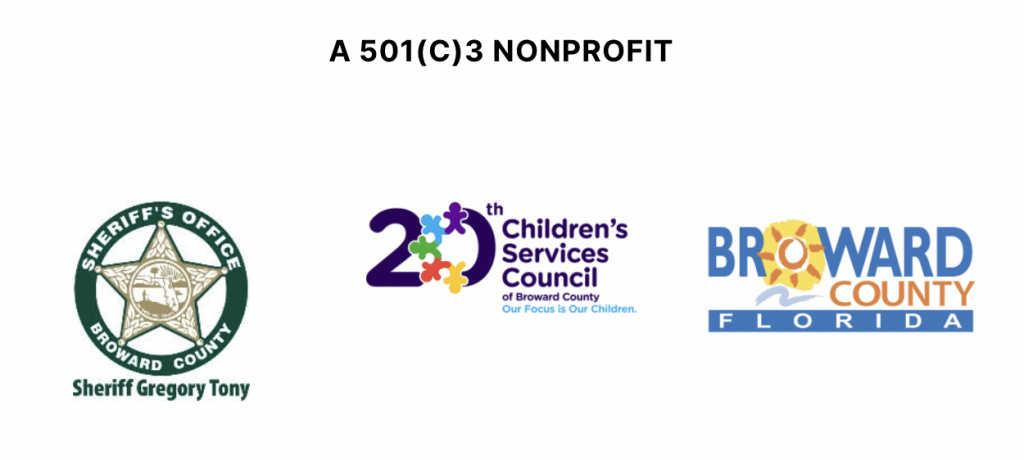
Image by Canva
Talk therapy is often described as the ‘traditional’ therapeutic process that most people think of when the subject of mental health is at hand. The name for this type of treatment is referred to as psychotherapy. Throughout several therapy sessions, a strong relationship is built between therapist and patient. This allows for a free exchange of information in a confidential and safe environment.
There are a couple of challenges with talk therapy. It can be time consuming. Depending on the traumas experienced by the patient, possibly emotionally painful – but the benefits of continuing to do the hard work far outweigh those difficulties.
A therapist acts as a guide to help you along your journey so you have a better idea about where you are and how to get to where you want to be. You discover new things together, and even though the journey can be difficult, you always know that you have a trusted confident by your side.
Here are four of the ways talk therapy helps you heal:
New discoveries
You may not be aware of what is causing your pain, and so you’re unable to articulate what exactly is wrong. Not knowing this information makes other rational-based treatment methods like Cognitive Behavioral Therapy (CBT) far less effective. We must first know why we’re hurting before we can address the problem.
Talk therapy provides a safe and nurturing space for whatever thoughts come into our minds. There may be underlying repressed memories and emotions bubbling up from our subconscious space that we were not even aware of.
It is through the discovery and exposure of these hidden feelings and memories that we can then begin to heal, integrating other therapies such as CBT to begin rationalizing and removing distortions in our thinking.
Transference of emotions to help you communicate
Over time, you may begin to communicate with your therapists in ways that reflect your past traumas or parental relationships. This emerging type of communication can provide clues as to what your underlying conditions may be.
The therapist-patient relationship can mimic that of a parent-child relationship. It is possible that feelings can transfer towards your therapist. Feelings of sadness, nervousness, rage, or insecurity that were experienced by you towards your parents are some examples.
It has also been observed that those parental feelings can be transferred towards spouses or children. Knowing this, it is extremely important that negative feelings are resolved quickly before they adversely affect the ones you love.
Building a trusted relationship
For many people, their relationship with their therapist may be the first positive and reliable relationship they have ever had. In the past, parents, friends, and confidants may have let you down. It becomes possible for your therapist to become a surrogate for that parental deficiency in many ways.
Once a trusting relationship has been established between you and your therapist, it is possible to regress to earlier stages of development that went wrong and relive them – except this time with a better ending.
This new relationship then becomes a model for building new healthy relationships outside of therapy.
Exploring hidden desires
Past traumas, disappointments, and betrayals of past relationships can lead you to repress and isolate your hopes and desires. Your mind tries to protect you from further pain by subduing these ideas. You may convince yourself that you no longer need these fulfilling things in your life, but you would be mistaken.
Working with a trusted therapist can help you reconnect with the hopes and dreams that you might be hiding. They can slowly guide you back to discovering who you really are and what makes you whole.
Have you ever tried talk therapy? How were your experiences? Click the title of this article and leave a comment to tell us about it!
Citations:
Goldstein, Esther. “Why Transference Is the Key to Therapeutic Progress — Integrative Psychotherapy Mental Health Blog.” Integrative Psychotherapy & Trauma Treatment, 22 July 2021, integrativepsych.co/new-blog/why-transference-is-key-to-therapeutic-process.
Tartakovsky, Margarita M. “Benefits of Therapy You Probably Didn’t Know About.” Psych Central, 7 June 2019, psychcentral.com/blog/benefits-of-therapy-you-probably-didnt-know-about#3.
Wampold, Bruce E. The Basics of Psychotherapy: An Introduction to Theory and Practice. 2nd ed., American Psychological Association, 2019. JSTOR, www.jstor.org/stable/j.ctv1chrw6g. Accessed 6 Sept. 2021.
“What Are the Benefits of Therapy?” MedicineNet, 17 May 2021, www.medicinenet.com/what_are_the_benefits_of_therapy/article.htm.


2 Responses
Thank you so much for the kind words, it means a lot to us – and thank you so much for reading!
[…] Talk therapy image from: https://healingartssfl.org/talk-therapy-is-extremely-effective-heres-why/ […]